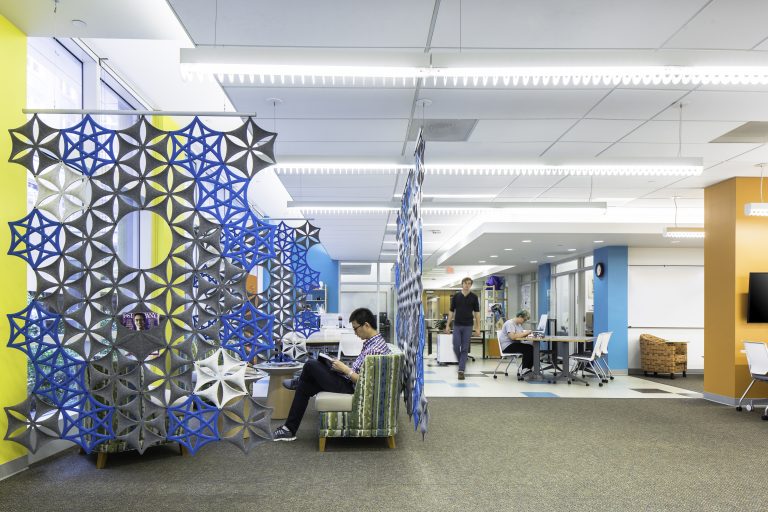The Strategic Value of Library Carpentry and The Carpentries to Research Libraries
Chris Erdmann,

Originally posted by Elaine L. Westbrooks
The Strategic Value of Library Carpentry and The Carpentries to Research Libraries
The Data Science Community Newsletter, a helpful resource by Laura Noren and Brad Stanger, helps us track all the data science initiatives sweeping through higher ed. Brown, Harvard, NYU, Stanford, UC Irvine, UIUC, University of Michigan, and others have launched data science initiatives in the past few years and have been announced in each newsletter.
A recent paper titled Creating Institutional Change in Data Science from the Moore-Sloan Data Science Environments (MSDSE), NYU, UC Berkeley, and the University of Washington, highlights the importance of library services and spaces in driving these initiatives on campuses. “Partnering with our libraries”, according to the paper, “has been an important component of these efforts.” The report also notes that libraries’ engagement with The Carpentries has strengthened ties with groups on campus.
As the MSDSE report shows, libraries can serve as the institutional home for data science initiatives within their communities. In general, libraries are a natural hub for researchers, citizens, students, programmers: we help bring people together to tackle difficult challenges.
In the report, we also see the demonstrated need researchers worldwide have to learn software and data skills. In higher ed, departments, labs, student groups all go through the cycle of creating and re-creating local meet-ups and training programs to address these needs.
Thankfully, The Carpentries curriculum and workshop offerings have expanded in recent years to respond to this need for data science training. Libraries are partnering with The Carpentries to sustain these training efforts with the help of data-savvy librarians and innovative spaces. Libraries at places like University of Oklahoma are realizing the potential of leveraging The Carpentries at scale to bring together researchers from different disciplines, foster collaboration, and be a hub for data science activities on their campuses. We also find in a recent IMLS data sciences in libraries report the recommendation that libraries should start partnering with The Carpentries to address the computational skills gap on campuses while also serving as another connection point to industry where there is a need for highly skilled and qualified candidates in data science.
At the University Libraries at the University of North Carolina at Chapel Hill, I see the benefits of partnering with The Carpentries. Doing so allows us to spend our time more efficiently through developing training material collaboratively at a global scale. This in turn allows librarians to focus on relationships, and teaching a common curriculum that teaches computational skills across many disciplines. Software and data skills are now needed in every discipline and, via Carpentries training, the Libraries can learn about and implement additional services that can help UNC-Chapel Hill researchers excel.
The University Libraries sees The Carpentries as a strategic way to better aligning our services to the UNC-Chapel Hill research community. In October, we will launch our initiative to train a significant number of our staff, library school faculty, and students and help them develop as instructors. The idea is simple: the Libraries will act as a hub for Carpentries activities on campus and work with our institutional partners to integrate the training in a variety of ways. I am excited about Library Carpentry and I anticipate that other libraries will equally benefit from The Carpentries efforts.
Crossposted from Library Carpentry blog: https://librarycarpentry.org/blog/2018/08/22/library-carpentry-strategic-value/
